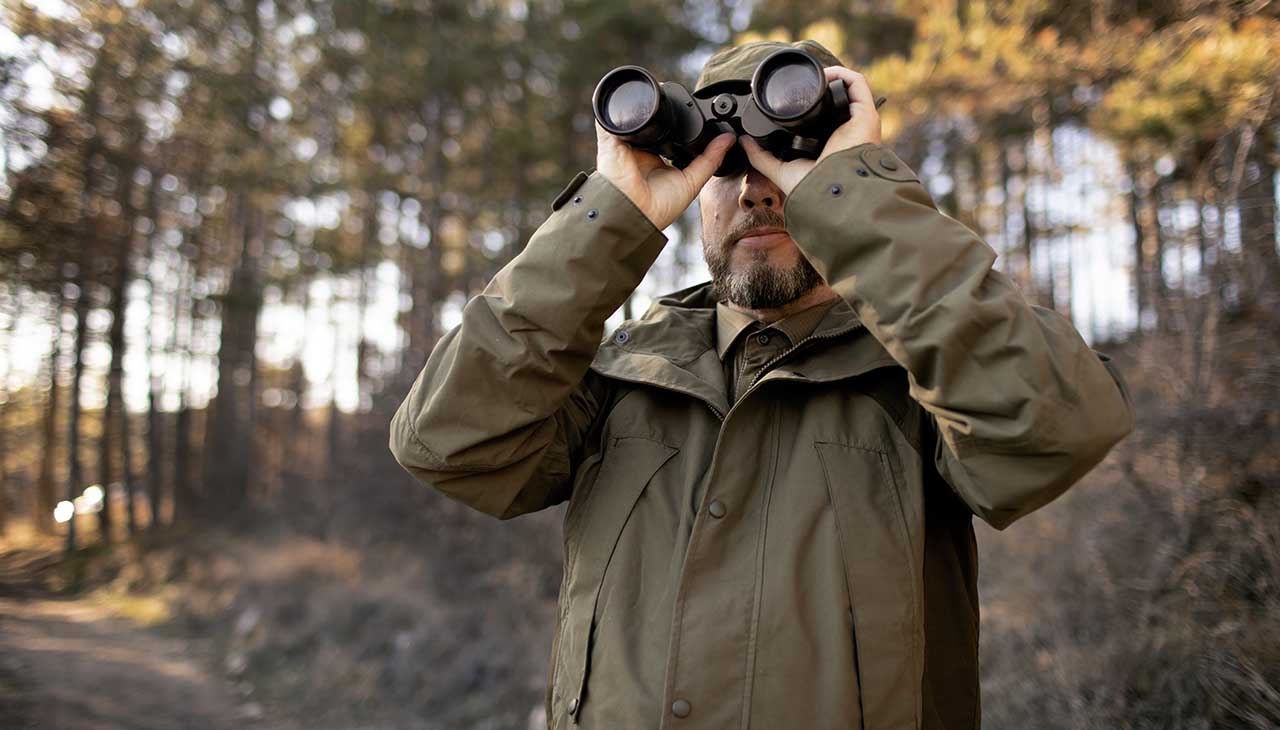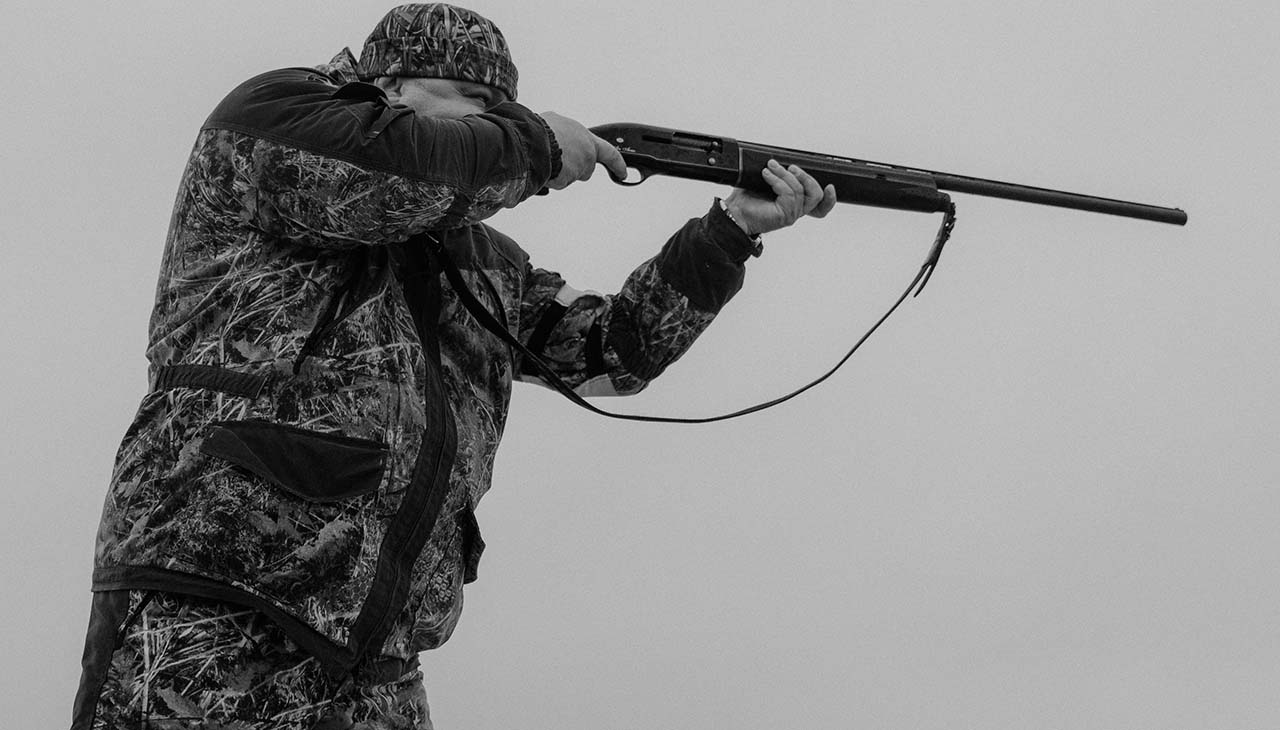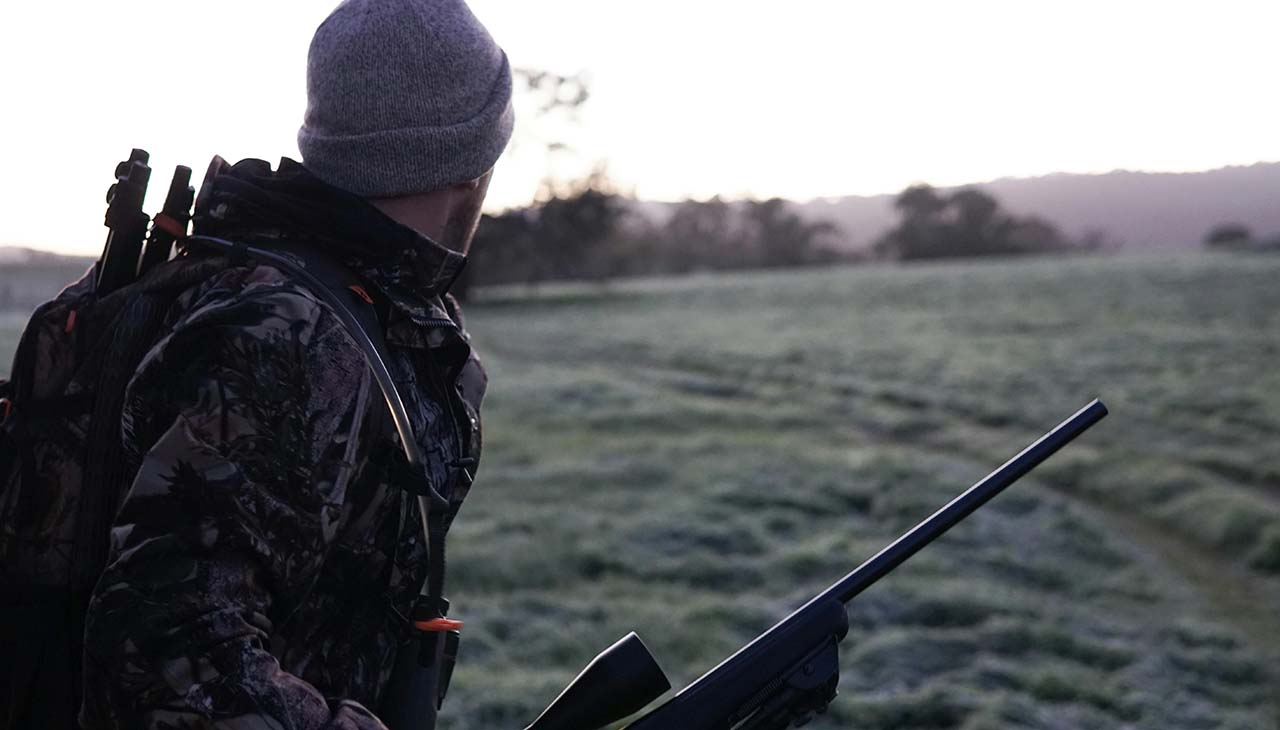Introduction
In the heart of the wilderness, where the rhythm of nature beats undisturbed, lies a profound responsibility for hunters. Ethical hunting practices are not just a matter of following legal guidelines; they embody a deep respect for wildlife and the ecosystems they inhabit. As outdoor enthusiasts, conservationists, and wildlife photographers, understanding and embracing these principles is crucial to preserving the delicate balance of our natural world.
The Basics of Ethical Hunting
Defining Ethical Hunting
Ethical hunting goes beyond the mere act of pursuing game. It encompasses a set of principles that govern the hunter’s behavior, ensuring respect for wildlife, adherence to conservation goals, and a commitment to humane practices. These principles include:
- Respect for all life forms.
- Adherence to fair chase standards.
- Commitment to making clean, quick kills.
- Following all legal regulations and guidelines.
Role of Hunters in Conservation
Hunters play a critical role in wildlife conservation. By participating in regulated hunting, they help manage animal populations, maintain ecological balance, and fund conservation programs through licensing fees and taxes on hunting equipment. Ethical hunters understand their impact and work to ensure their activities contribute positively to the environment.
Understanding Wildlife Behavior
The Significance of Understanding Target Species
A responsible hunter knows their quarry. Understanding the behavior, habitat, and lifecycle of target species is essential for ethical hunting. This knowledge not only increases the chances of a successful hunt but also minimizes unnecessary suffering for the animal.
Techniques for Observing Wildlife Without Disturbance
Observation is key to understanding wildlife. Ethical hunters use techniques such as:
- Scouting: Identifying animal tracks, trails, and feeding areas.
- Trail Cameras: Monitoring wildlife patterns without human presence.
- Field Guides: Learning about species-specific behaviors and characteristics.
By minimizing disturbance, hunters can observe natural behaviors and make informed decisions during the hunt.
Selecting the Right Gear
Choosing Appropriate Hunting Gear
The choice of hunting gear significantly impacts the ethicality of a hunt. Responsible hunters select equipment that ensures a humane and efficient kill. Key considerations include:
- Firearms and Bows: Choose weapons that are appropriate for the game being hunted and ensure they are well-maintained and accurate.
- Ammunition and Arrows: Use high-quality projectiles designed to maximize lethality and minimize suffering.
- Optics: Invest in good quality binoculars and scopes for accurate identification and shot placement.
Proper gear selection is crucial for ensuring the hunt is both ethical and successful.
Ethical and Legal Considerations
Overview of Hunting Laws and Regulations
Compliance with hunting laws and regulations is a cornerstone of ethical hunting. These laws are designed to protect wildlife populations, ensure safety, and promote sustainable hunting practices. Hunters must stay informed about:
- Season Dates: Hunting is allowed only during specific times of the year to prevent overharvesting.
- Bag Limits: Restrictions on the number and type of animals that can be taken.
- Permits and Tags: Requirements for legal authorization to hunt certain species.
Ethical Decision-Making in Hunting Scenarios
Beyond legal requirements, ethical hunters face decisions that test their principles. These include:
- Choosing the Right Shot: Ensuring the shot will result in a quick, humane kill.
- Respecting Non-Target Species: Avoiding harm to non-target animals and maintaining the integrity of the ecosystem.
- Reporting Illegal Activities: Holding oneself and others accountable for maintaining ethical hunting standards.
Ethical decision-making ensures the hunt aligns with both legal and moral standards.
The Hunter’s Responsibility Post-Hunt
Handling and Processing Game Meat
After a successful hunt, the ethical hunter’s responsibilities continue. Proper handling and processing of game meat are crucial:
- Field Dressing: Quickly and efficiently field dressing the animal to preserve meat quality.
- Butchering: Using humane and sanitary methods to process the meat.
- Storage: Storing game meat properly to prevent spoilage and waste.
Proper Disposal of Waste
Minimizing environmental impact is a key part of ethical hunting. Hunters should:
- Leave No Trace: Pack out all non-organic materials and clean up the hunting site.
- Utilize Biodegradable Materials: Use materials that decompose naturally and avoid leaving harmful residues.
Responsible post-hunt practices show respect for the environment and other outdoor enthusiasts.
The Role of Technology in Ethical Hunting
Positive and Negative Impacts of Hunting Technology
Advancements in technology have transformed hunting practices, offering both opportunities and challenges for ethical hunters:
- Positive Impacts:
- Enhanced Accuracy: Modern firearms, bows, and optics improve shot accuracy, reducing unnecessary suffering.
- Better Wildlife Management: GPS tracking, trail cameras, and drones aid in monitoring wildlife populations and habitats.
- Negative Impacts:
- Over-Reliance: Excessive dependence on technology can erode traditional skills and knowledge.
- Unfair Advantage: Technology that disrupts fair chase principles, such as high-tech tracking devices, should be used judiciously.
Ethical hunters strike a balance, leveraging technology to enhance their practices while maintaining the essence of traditional hunting skills.
Community and Conservation
Importance of Hunters in Community Engagement and Wildlife Conservation
Hunters are integral to community and conservation efforts. By participating in local conservation projects, hunters can:
- Educate and Advocate: Share knowledge about ethical hunting and conservation with the broader community.
- Support Conservation Programs: Contribute to habitat restoration and wildlife management initiatives.
- Mentor New Hunters: Instill ethical hunting practices in the next generation of hunters.
Success Stories of Ethical Hunting Practices
Highlighting success stories can inspire and motivate others. Examples include:
- Reintroduction Programs: Hunters supporting the reintroduction of species like elk and wild turkey to their native habitats.
- Habitat Restoration: Collaborative efforts between hunters and conservationists to restore wetlands and forests.
These stories demonstrate the positive impact of ethical hunting on wildlife and ecosystems.
Conclusion
Ethical hunting is more than a set of rules; it is a commitment to preserving the natural world for future generations. By adhering to ethical principles, understanding wildlife behavior, selecting appropriate gear, and engaging in responsible post-hunt practices, hunters can ensure their activities benefit both wildlife and the environment.
As outdoor enthusiasts, conservationists, and wildlife photographers, we all have a role to play in promoting ethical hunting practices. Share your commitment to these principles, and let’s work together to safeguard our natural heritage.
Feel free to leave your thoughts and experiences in the comments below. Your feedback is invaluable in our shared journey toward responsible and ethical hunting.



